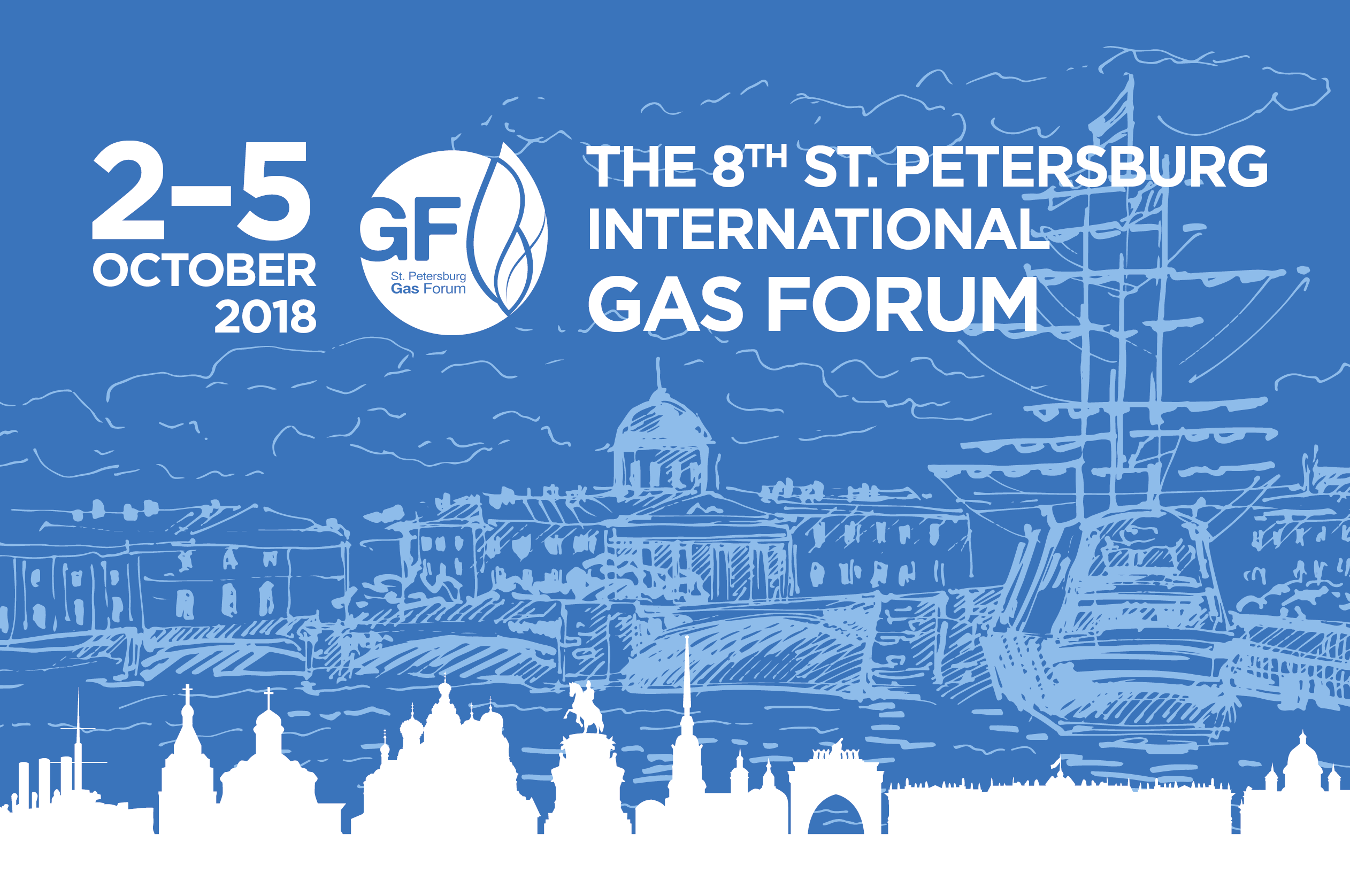
On 3 October, during the congress program of SPIGF, the round table discussion took place, Digital Transformation of the Oil and Gas Sector. The round table discussion was organized by Russian Gas Society, Russian Export Center, and Expoforum International. The speakers discussed technological and organizational changes, as well as other issues on the digital-related agenda.
The round table discussion was moderated by Daria Kozlova, Head of the Division Crude Oil Upstream & Technologies, VYGON Consulting.
Today, digital technology is main stream both for the state and the companies. In July 2017, the Digital Economy of the Russian Federation program was started. The Ministry of Energy is currently developing the Digital Energy concept, which provides for further digitalization of the oil and gas sector.
In November 2017, Gazprom approved the target program for development of united data environment by 2022. In 2018, Gazprom Neft developed a long-term digital development strategy.
During the round table discussion, the experts considered the scope of the ongoing changes and their part in business performance enhancement.
Alexander Kurdin, Head of Research, Department for Fuel and Energy Complex, Analytical Center under the Government of the Russian Federation spoke about the impact of digitalization trends on the state policy in the oil and gas industry. He reminded the audience that on 7 September, they established the State Board for Digital Development, information technology use for life quality and business conditions enhancement, and the list of its members was approved on 24 September. On 17 September, the Executive Board for the Presidential Council of Strategic Development and National Projects reviewed and approved the updated passport of the Digital Economy program.
“The industry’s digitalization stands for introduction of new technologies, based on data collection, procession and analysis in the digital environment. The oil and gas sector is quite conservative, and changes don’t happen at once here. This is an objective process which takes time to adapt to,” he noted.
He believes that digitalization opportunities can be used in fiscal, competitive, industrial, foreign trade policies, and even in environmental protection and labor safety sectors. At the same time, we have to remember about the risks associated with digitalization processes, including information disclosure, lack of human and technical resources, reign of platforms and pricing algorithms, as well as new competition, cyber security and many more.
Matvey Alexeev, Head of Digital Economy Programs at the Board of Digital Transformation in Gazprom Neft, mentioned, that digital transformation involves changing in the corporate procedures. There are certain business processes and data, and people who know how to use all of it. That’s why today we see such a high requirement for chief data officers and data scientists. Speaking of the difference in knowledge and experience in people from different generations, Matvey Alexeev remarked that the breach is getting only bigger.
“Today, young people can teach the older generation. It is necessary to reduce this breach by building education tracks within companies. The only thing that can change is experience sharing, ”he said.
Torsten Murin, Managing Director of Wintershall Russland GmbH, shared his opinion on how digitalization can change the ecosystem of the oil and gas sector, and offered a comparison of two telecom companies, Nokia and Amazon.
“Digitalization is a reconsideration of technology and processes. It should be in every aspect, and we need to build correct relations between technical disciplines and technology. We should abandon austere hierarchical structures, still so powerful in our society”, he said.
According to the expert, the platform are going to change typical notion of services in the oil and gas sector, from choice of suppliers to integrated solutions, from services of data integration to crowdworking.
“We need exchange between companies, and we need to follow this path together,” he said.
Artem Kozlovskiy, Partner, Ernst&Young told about the results of the research in the world’s best practices of digital transformation within oil and gas enterprises. The changes were most obvious in distribution, sales, and marketing; it caused universal enhancement of production modes, increase in efficiency of the operating plants at the enterprises.
“In Russia, many companies are focused on costs optimization with the help of the digital technology. Almost every oil and gas company has developed a digital strategy, and many of them have employed chief digital officers. The issue of data quality remains. The key question is how we should do it,” the expert said. In his opinion, companies are going through the stage when they already have some digital projects and data management centralization ideas, and they are trying to deal with all of that digitally. We have the issues of making digitalization a uniform process for the company, but there are also the challenges associated with choosing the pilot projects (what we should choose and how we should produce it), and prototypes commercialization.